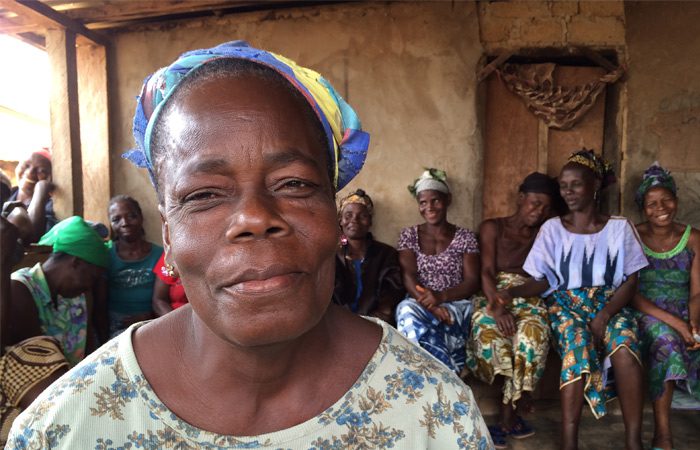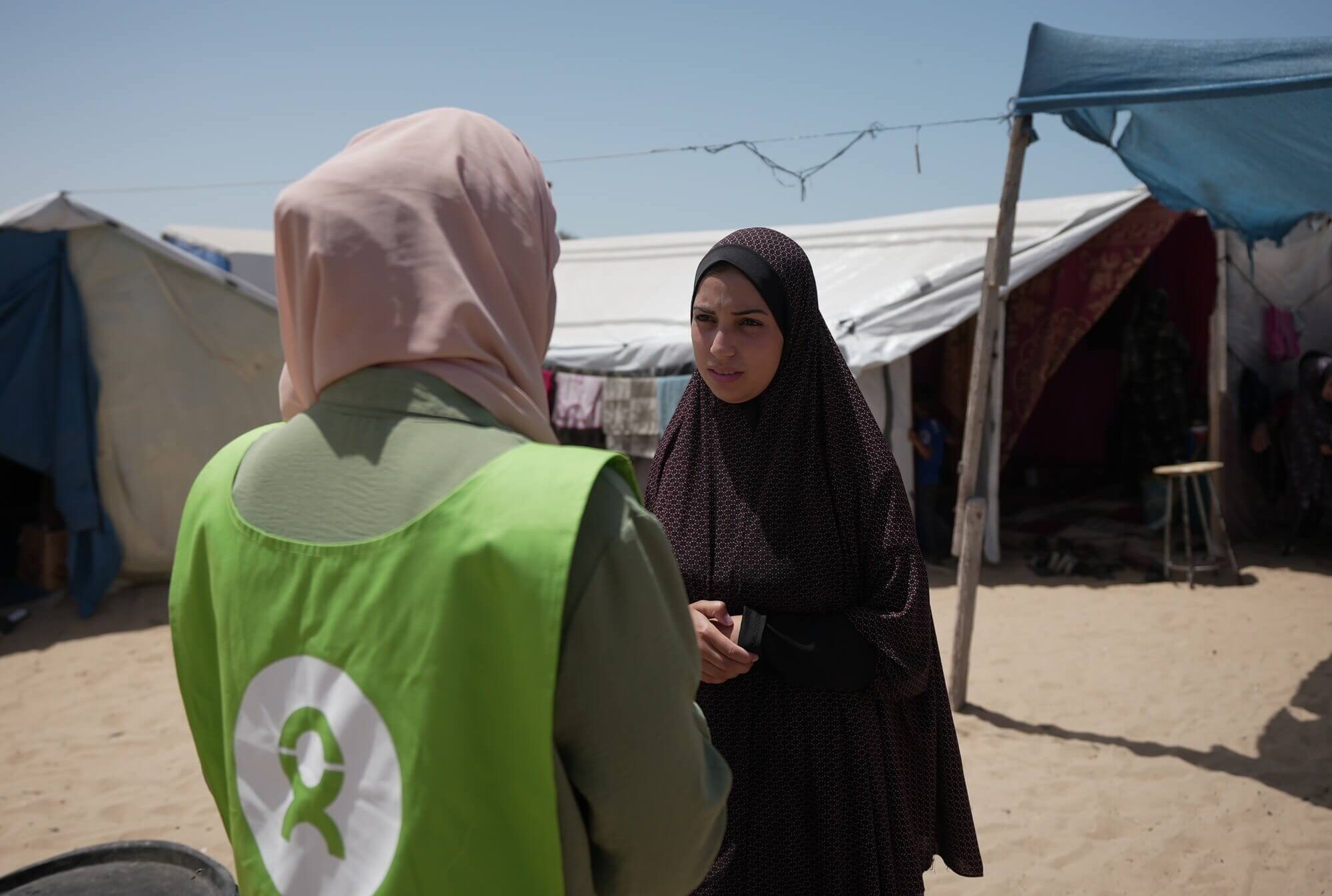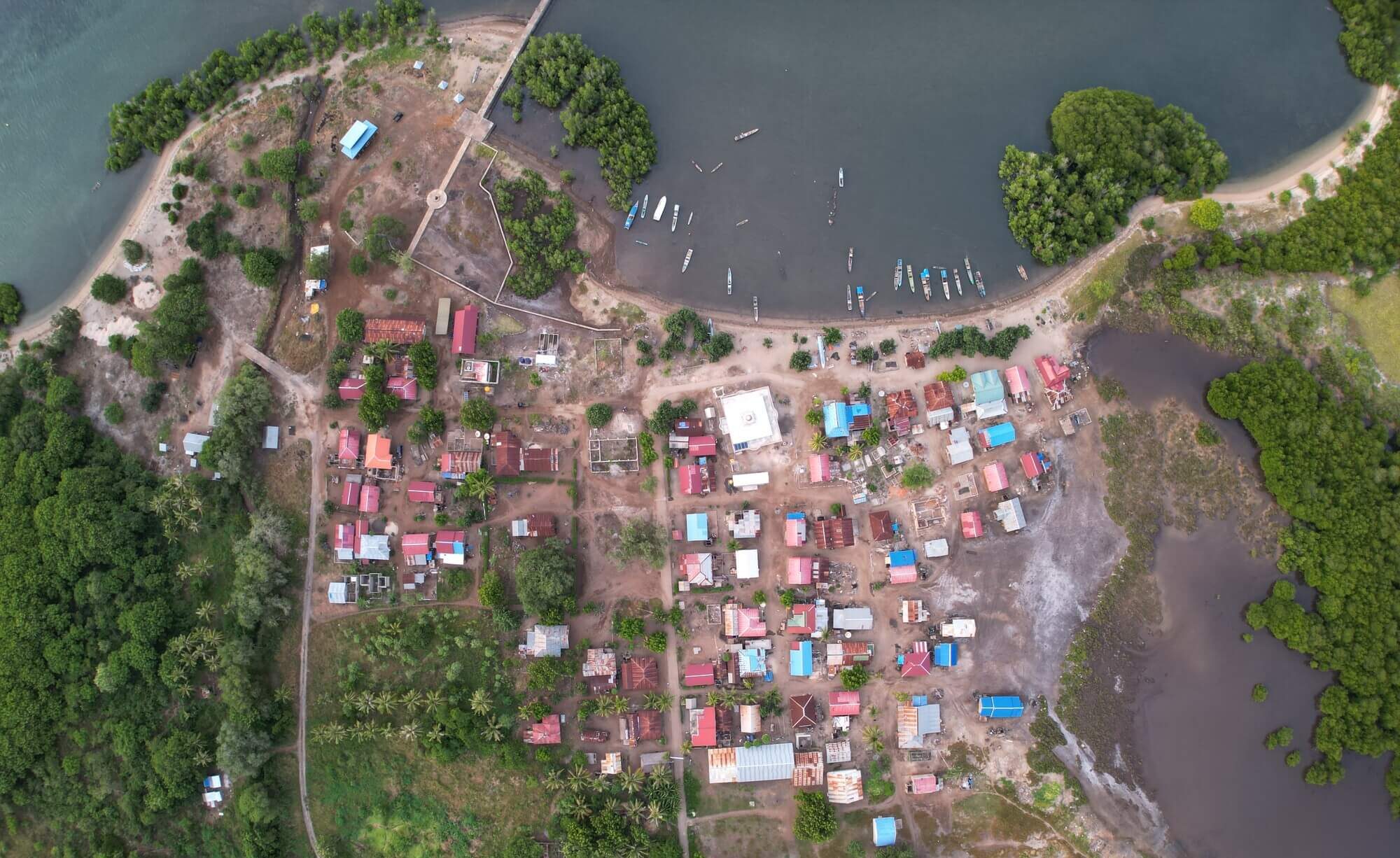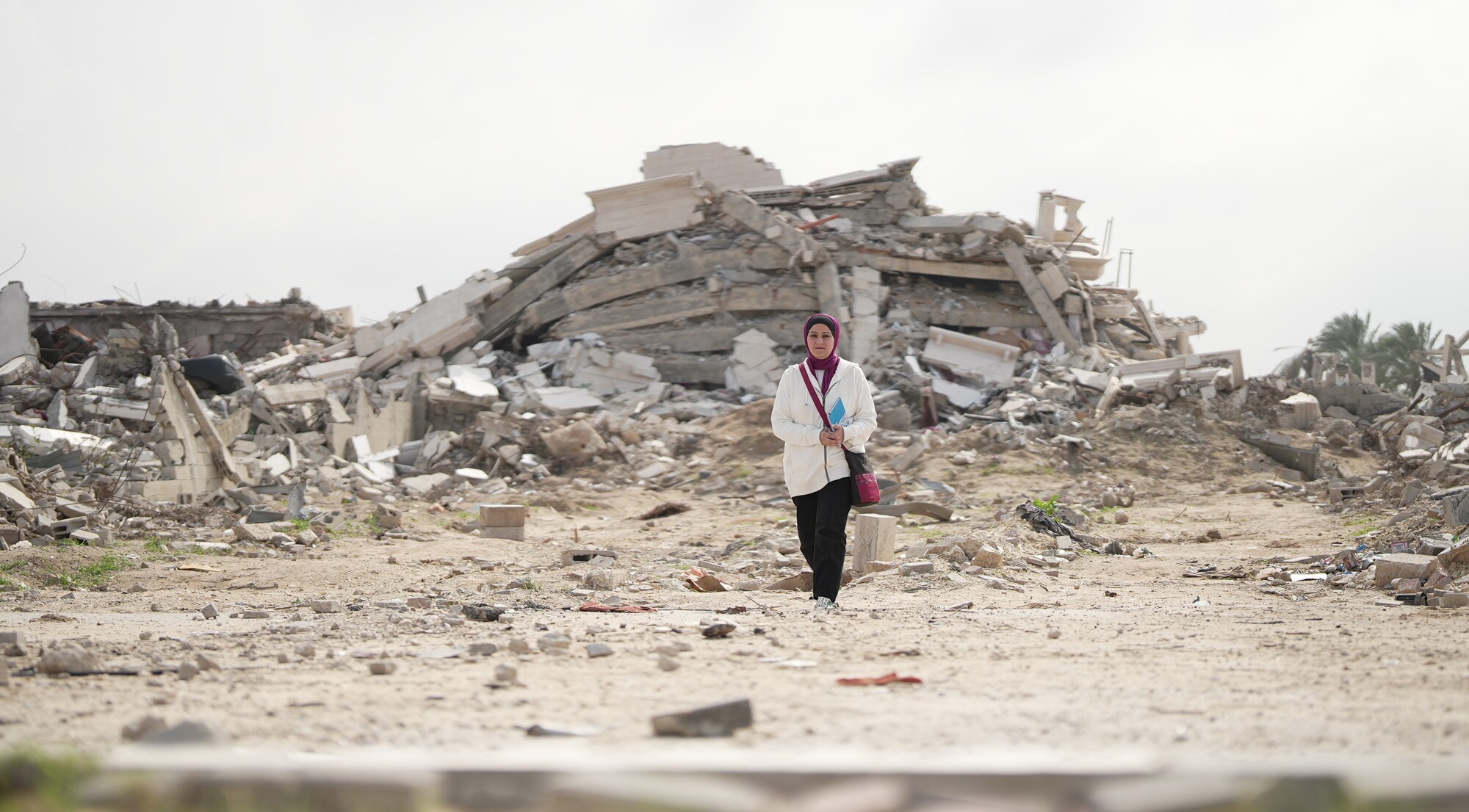A year ago, Liberia’s capital, Monrovia recorded its first case of the Ebola virus. Since then, Liberia has suffered the highest number of Ebola cases and deaths of any country. But in May, Liberia was officially declared Ebola free.
Oxfam is so fortunate to have supporters who respond with amazing generosity and passion when the worst happens. The news that Liberia is now Ebola free has given us hope for the people of West Africa, but our work isn’t finished. Oxfam staff on the ground have made it very clear that the impact of Ebola is not just counted in the number of deaths.
During the outbreak, local markets were empty because people stayed at home in fear. And if someone was infected, all their belongings were burned to stop Ebola spreading.
Lucy (pictured above) is a mother and the leader of a women’s savings group in Liberia. She’s one of the 62% of people in Liberia who had to spend their savings during the outbreak.
“We organised this group so we could help ourselves. Every month we pay money and then we divide it up to buy produce for our businesses — things like plantain, peppers, potato. But when Ebola came … we couldn’t get to the market and all the produce was spoiled.
“We used up all the savings so we could [buy] food for our children. Now that money is gone, we get wood from the forest and sell it to buy a cup of rice. It is very difficult work …”
Before Ebola, Liberia was already one of the poorest countries in the world — rated 175 out of 187 countries. Now they are even poorer and survivors like Lucy face a huge challenge.
We would love for you to join Oxfam’s dedicated group of Emergency 365 supporters. They help women like Lucy through a monthly donation to support Oxfam’s emergency work all around the world.
By becoming an Emergency 365 monthly supporter, your regular support will help in three incredible ways:
1. You’ll fund emergency response teams who can respond within 24 hours of a natural disaster, outbreak of disease or conflict.
2. You’ll ensure Oxfam can stay for the long haul, to help people rebuild their homes, livelihoods and communities so they don’t fall back into poverty.
3. And you’ll support Oxfam’s disaster preparedness work, which helps save lives by training and equipping communities before a disaster happens.
In the coming months and years, Oxfam needs to help Ebola survivors like Lucy to rebuild. In Liberia alone, we plan to build proper water and sanitation facilities, improve health services and provide training for women to earn an income.



